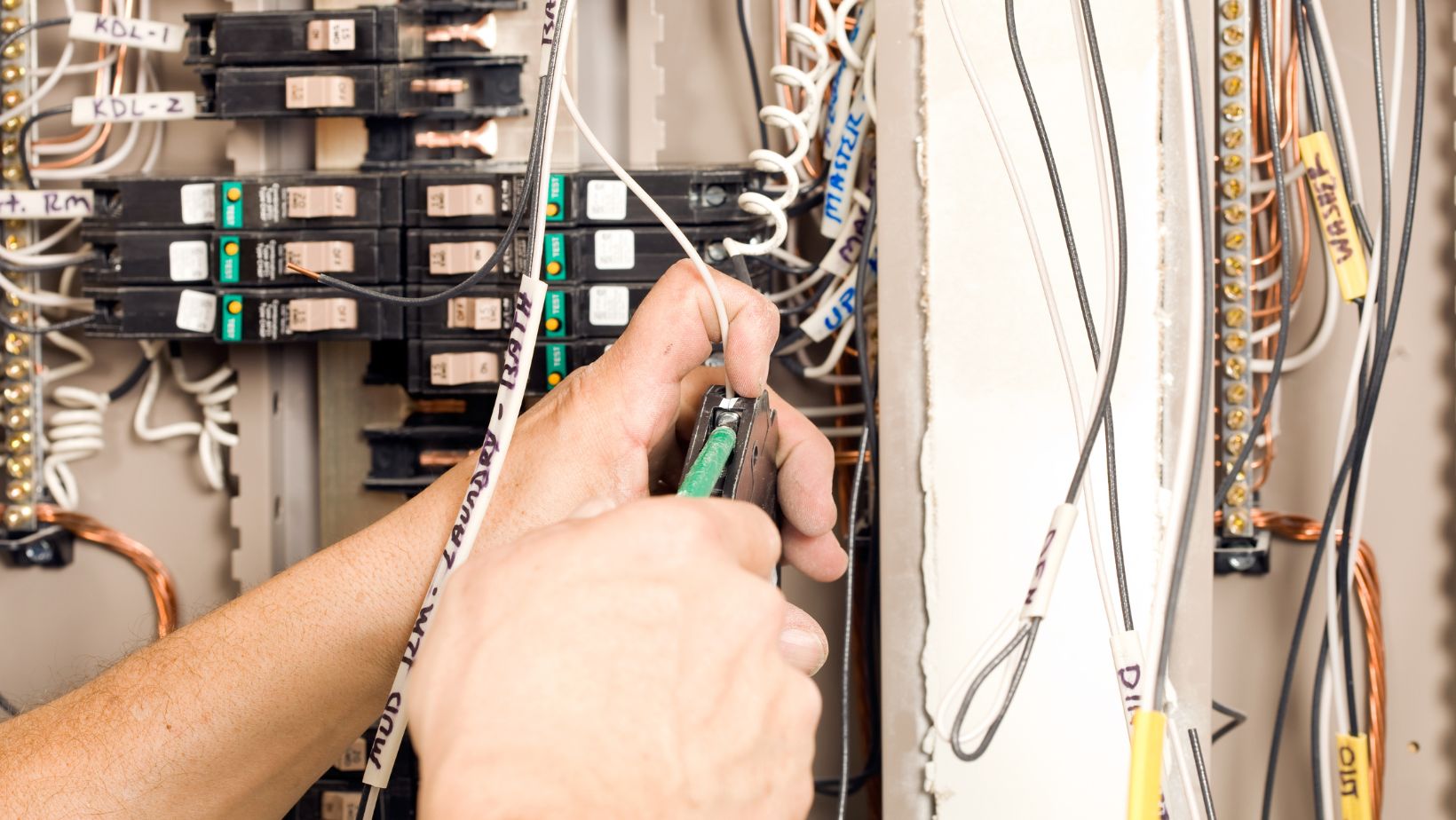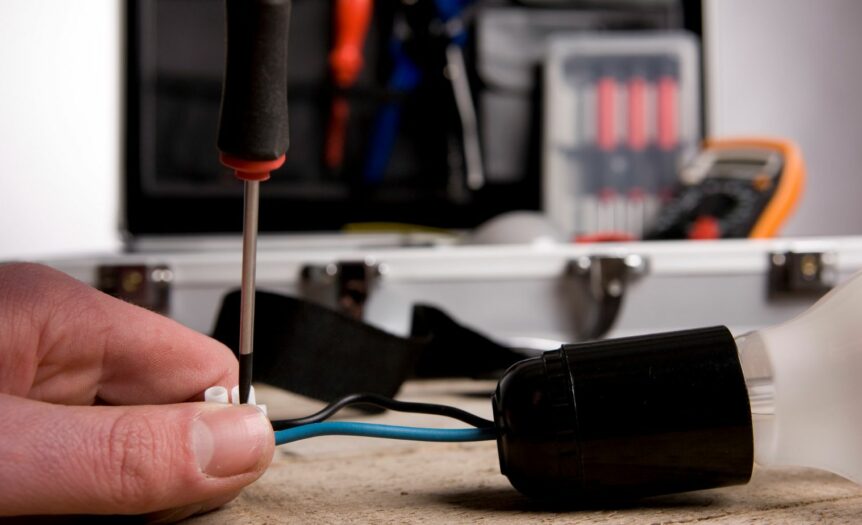What Happens if You Hit a Wire With a Screw
Have you ever wondered what would happen if you accidentally hit a wire with a screw? It’s a common concern for many DIY enthusiasts and homeowners. In this article, I’ll shed some light on the potential consequences and what steps you should take to ensure your safety.
When it comes to hitting a wire with a screw, there are several possible outcomes depending on the situation. If the wire is carrying electrical current, it can lead to short circuits, sparks, or even electrical fires. These scenarios can pose serious risks not only to your property but also to your personal well-being.
To avoid such mishaps, it’s crucial to exercise caution when working around electrical wires. Always turn off power sources and use proper tools and techniques for handling screws near wiring. Additionally, learning how to identify wires correctly and using protective measures like circuit breakers or insulation can greatly reduce the chances of accidents occurring.
Remember, safety should always be your top priority when dealing with electricity. By being aware of the potential dangers and taking necessary precautions, you can mitigate risks and ensure smooth DIY projects without any unpleasant surprises.
Understanding the Dangers of Hitting a Wire
Common Consequences of Hitting a Wire
When it comes to construction or any DIY project involving screws, hitting a wire can lead to serious consequences. Let’s explore some common dangers that can arise from accidentally striking a wire.
- Electrical Hazards: Hitting an electrical wire can result in electric shock or electrocution. The intensity of the shock depends on various factors, including the voltage and current flowing through the wire. It is crucial to remember that even low-voltage wires can pose significant risks if mishandled.
- Fire and Property Damage: Striking a live wire with a screw may cause sparks or short circuits, potentially leading to fires. The combination of electricity and flammable materials within walls or ceilings can have catastrophic consequences for your property.
- Personal Injury: Inadvertently hitting a wire while driving in screws can cause physical harm such as cuts, burns, or even falls due to unexpected reactions caused by electrical jolts.

Safety Measures to Minimize the Risk
Preventing accidents is always better than dealing with their aftermath. By taking proper safety precautions, you can greatly reduce the chances of hitting wires during construction projects. Here are some essential measures:
- Use Non-Contact Voltage Detectors: These handy tools help identify live wires before you start working around them. Simply hold the detector close to surfaces where you plan to drive screws and follow its instructions for accurate readings.
- Shut Off Power: Before commencing any project that involves driving screws into walls or ceilings, turn off power at the circuit breaker panel for added safety. This ensures there is no electricity flowing through the wires you might encounter.
- Proper Planning and Research: Familiarize yourself with your home’s wiring layout before starting any construction work involving screws or nails. Consult professional electricians if needed, ensuring you have accurate information on wire placements.
Steps to Take Immediately After Hitting a Wire
Despite all precautions, accidents can still happen. If you accidentally hit a wire with a screw, it’s crucial to act swiftly and take the following steps:
- Stop Work: Cease all construction activities immediately upon realizing that you’ve hit a wire. Continuing work may exacerbate the situation or increase the risk of injury.
- Turn Off Power: Quickly switch off power at the circuit breaker panel relevant to the affected area. This step is essential for minimizing further hazards and reducing the likelihood of electrical shock or fire.
- Assess Damage: Carefully evaluate the extent of damage caused by hitting the wire. Look out for signs of electrical burns, smoke, or any other indications that could potentially lead to dangerous situations.
- Seek Professional Help: Contact a licensed electrician to assess and rectify any damage caused by hitting the wire. DIY repairs are strongly discouraged as they can pose even greater risks if not properly executed.
By understanding these dangers, implementing safety measures, and knowing what steps to take in case of an accident, you can ensure your well-being and protect your property when working around wires during construction projects.







